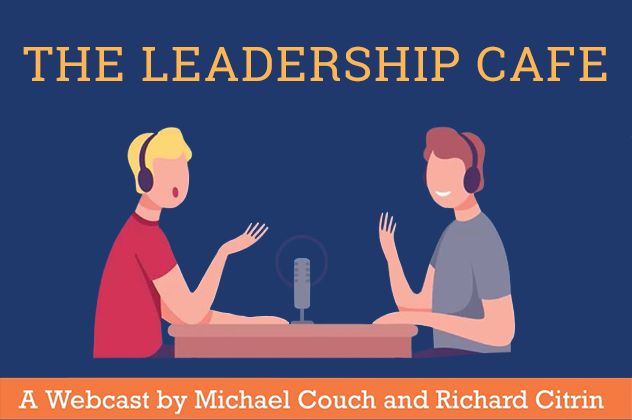I ran into some youth baseball players having pizza with their parents. They had just finished their game and were down. One of the dad’s shared that they had won two games yesterday and they were all feeling good about their victory, but their personal and group self-esteem took a downward hit as their team was vanquished in today’s tournament.

Self-esteem is our own subjective opinion of our own self-worth. Have a good day and we feel good. Have a bad day and we feel bad. Perhaps even worse, self-esteem is often connected to how we see ourselves in comparison to others. Our young ballplayers were probably feeling pretty confident after the first day’s victories, believing they could beat anyone. Facing defeat at the hands of “those guys” left them thinking that they had no place on the ballfield. That kind of thinking easily transfers into negative thinking about other parts of our lives.
Psychologist Kristin Neff has suggested that instead of focusing on trying to improve our self-esteem, we should instead focus on self-compassion. Self-compassion may be a better approach to strengthening our own mental thinking in that it has little to do with what others think (or what we think they think) Self-compassion is made up of 3 elements:
- Self-kindness: Being understanding towards ourselves and our experiences helps us recognize that things often do not go as planned. In the self-esteem model, we often beat ourselves up when things don’t go right, exacerbating whatever it was that already didn’t work out. Being self-compassionate helps us see life’s inevitable challenges and failures as part of the natural course of events and that we can learn from them.
- Self-compassion points out that bad things don’t just happen to me but to everyone. Recognizing our shared humanity and the fragility we all face helps us support one another and ourselves. We are not being singled out for problems and difficulties. Every one of us experiences these on a daily basis and we can recognize that it is not just about me.
- Using the practice of mindfulness allows us to not spiral into the negative thinking that usually accompanies the focus on self-esteem. We are able to step back and gain some perspective, in non-judgmental manner that helps us accept our challenges without getting swept away by them.
Those young ball players were feeling better as they finished dinner. Perhaps it was the pizza that cheered them up or maybe it was the comment from one of the dad’s that even the best ball players only get on base 1 time out of 3. No time for them to get down on themselves, he told them. They had practice Tuesday night and the whole team was expected to be there.
Challenge for this week: Pay attention to how you are feeling when something doesn’t work out this week. Try a little self-compassion (with one or all of those techniques) and see if you lift yourself up a little quicker and higher. Let me know how self compassion works to improve your self-confidence.
© Richard Citrin, All rights reserved, 2019
]]>